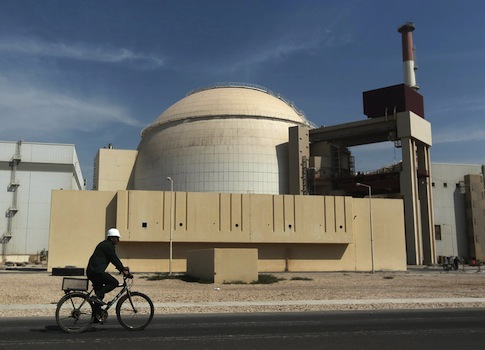Ron Dermer, Israel’s Ambassador to the United States, urged Western nations and the Obama administration to not sign a "bad deal" with the Iranians over its contested nuclear program.
Dermer outlined Iran’s role in arming Hamas, which continues to fire rockets at Israeli civilians, and warned Western nations that Iran cannot be trusted with a nuclear infrastructure.
"Hopefully a bad deal will not be signed and the international community will ratchet up the pressure on Iran, will stand very firm to ensure they entirely remove their nuclear weapons making capability in the future," Dermer told several thousand Christians Thursday evening during a conference call organized by Christians United for Israel (CUFI).
"This is of deep concern to Israel and we hope the international community will not make a historic mistake, they will not reduce pressure on Iran, they will stand very firm and very strong and not leave Iran with the capabilities to produce nuclear weapons in the future," Dermer said.
Many of Hamas’ most sophisticated weapons were acquired with Iranian assistance and training, Dermer said.
"Iran is a strong supporter of Hamas and has giving them very big financing in the past and these arms," many of which "have been smuggled by Iran into Gaza," Dermer said.
The Iranians are influencing many of the terror groups threatening Israel, including Hamas and Hezbollah.
"Iran has a terror base to the north of Israel, Iran has a terror base to the south of Israel in Gaza, and now what Iran is doing is trying to basically become at threshold nuclear power and they’re hoping to do an agreement with the international community that will leave them with the capability to build nuclear weapons," Dermer warned.
"Now, they may not be able to build them tomorrow or next month, but what they want to do is end the [economic] sanctions and the pressure against them to leave them parked very close to a point where they can get those nuclear weapons in the future," he said.
